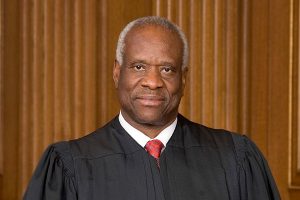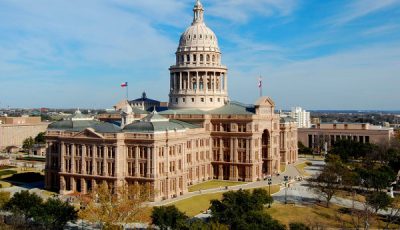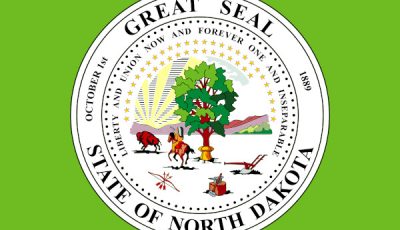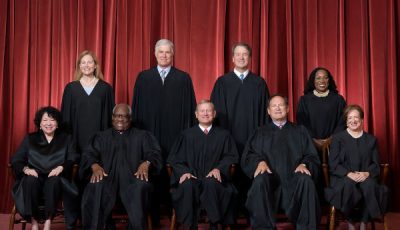Justice Clarence Thomas Takes Aim At Section 230 Again
 WASHINGTON — Conservative Justice Clarence Thomas of the United States Supreme Court keeps pushing for Section 230 reform and to crack down on large technology companies.
WASHINGTON — Conservative Justice Clarence Thomas of the United States Supreme Court keeps pushing for Section 230 reform and to crack down on large technology companies.
The high court this week dismissed as moot a lower court ruling that former Republican President Donald Trump violated the First Amendment rights of his critics who he’d blocked on Twitter.
The Second Circuit Appeals Court had ruled in Knight First Amendment Institute v. Trump that the controversial president was violating standing Freedom of Information laws and the First Amendment because of the declaration that the president used his personal Twitter account as an official medium. The high court found the case to be moot since Trump is no longer president and has been banned permanently from the platform.
Despite the context of the ruling (or lack thereof), Justice Thomas took the time to issue a concurring opinion that explicitly took broad aim at Twitter, social media networks in general, and (of course) Section 230.
NPR reports that Thomas found Trump’s ban from Twitter exposed “potential abuses” of “applying old doctrines to new digital platforms,” and that this practice is “rarely straightforward.”
“As Twitter made clear, the right to cut off speech lies most powerfully in the hands of private digital platforms,” Thomas wrote. “The extent to which that power matters for purposes of the First Amendment and the extent to which that power could lawfully be modified raise interesting and important questions.”
Thomas adds: “It changes nothing that these platforms are not the sole means for distributing speech or information. A person always could choose to avoid the toll bridge or train and instead swim the Charles River or hike the Oregon Trail. But in assessing whether a company exercises substantial market power, what matters is whether the alternatives are comparable. For many of today’s digital platforms, nothing is.”
Thomas essentially calls for social media companies to be regulated like a public utility, like a telephone company, or something “regulated in this manner.”
It should be noted that the opinions of Thomas are not those of the entire high tribunal. Of course, many of the sitting justices haven’t issued overtly partisan opinions on the status of Section 230. The sentiments from Thomas could harm the sanctity of First Amendment rights on the internet that is categorically protected by Section 230, per federal law.
Section 230, under the benchmark Supreme Court case Reno v. ACLU, also assures that internet speech is, almost in its entirety, protected by the First Amendment. The keystone to this, however, is the liability shield built into Section 230 that supports the right of an interactive computer service to conduct self-regulation and content moderation actions.
Porn websites especially rely on Section 230 safe harbor to monitor their content and assure compliance standards and industry-endorsed child protection measures. Given the ongoing anti-porn sentiment driving scrutiny of the online adult industry, moves to repeal or completely gut Section 230’s current form would directly threaten internet porn, which is protected by the First Amendment.
At the end of the day, Thomas is on the wrong side of the argument.
Clarence Thomas official portrait by Steve Petteway, from the Collection of the Supreme Court of the United States













